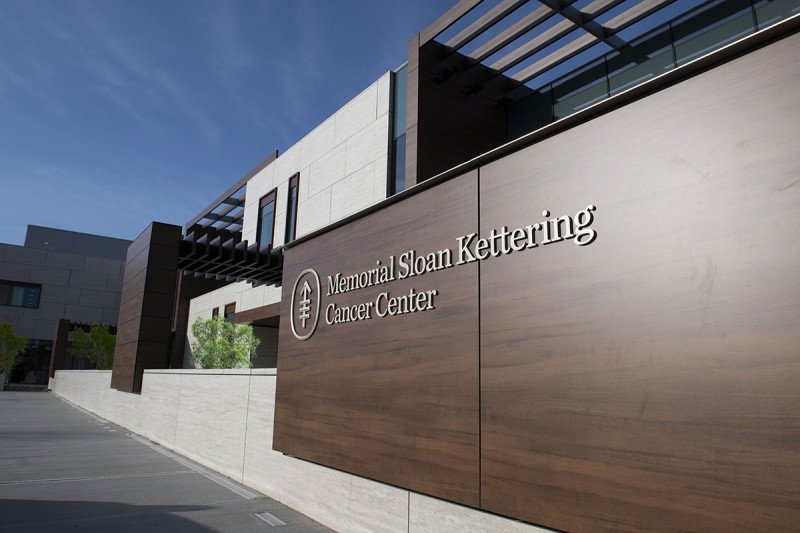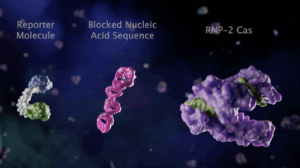
Harbinger Health to speed up clinical cancer test validation
US spin-out of German MPI for molecular genetics, Harbinger Health Inc, has started a collaboration with Memorial Sloan Kettering Cancer Centre to turboboost recruiting for its Core-HH study. The study aims to validate a blood test that predicts tumour developement in cancer stage I.
The results of a validation study for a pioneering early cancer diagnostic test from German-American Harbinger Health Inc were originally promised for Q2/2024 at the latest. However, there were apparently delays in the recruitment of 10,000 Americans at the Sarah Cannon Research Institute (SCRI), one of the world’s leading oncology research organisations conducting community-based clinical trials, which was supposed to validate promising initial results of the blood test. The company has now announced a further partnership with the Memorial Sloan Kettering Cancer Centre (‘MSK’), another leading oncology research organisation. Its goal: to accelerate the clinical validation of the AI-supported blood test for early-stage cancer, which is 1,000 times more sensitive than current cancer mutation liquid biopsy tests.
The patent applied for in 2017 by the spin out biotech of the Berlin MPI for Molecular Genetics, which has since received US$190m in funding, is based on the observation by company founder Alexander Meissner that the methylation patterns of the developing placenta and various types of cancer are very similar, but do not occur in any other human tissue. “On further investigation, we found more and more evidence that the similarity is not a chance finding, but appears to be a regulatory programme: just as the placenta later becomes invasive, forms its own blood vessels, etc., so do developing tumours or cells from which they emerge. They change their activity pattern,” Meissner told European Biotechnology.
Harbinger Health is pursuing short and long-term goals with the new collaboration. Initially, the promising results of preliminary studies with the assay will be validated in the ongoing Cancer Origin Epigenetics-Harbinger Health (CORE-HH) prospective study and used to design an affordable test. In the long term, Harbinger and MSK aim to extend validation to patients with a broader range of tumour types, improve the next generation of diagnostic tests and work together on real-world studies to provide evidence for future regulatory submissions. This collaboration is part of Harbinger’s long-term strategy to build a diverse recruitment base – encompassing both ethnic diversity and a wide range of cancer types – while continuously refining, improving and validating its technology. According to Meissner, the test will initially seek CLIA approval, followed by FDA approval.
After rapid validation with AI-supported pattern recognition of the smallest changes in the methylation pattern in various DNA regions, Harbinger Health wants to diagnose the development of the 20 most important types of cancer before metastasis – according to Meissner ‘preferably in stage I’ – with a single test and thus create the basis for investigating the underlying mechanisms. Ideally, this would mean finding the magic bullet against cancer.
Harbinger’s Interim Chief Medical Officer Hutan Ashrafian, explained.. “MSK will play a critical role in turbocharging our data collection efforts and opening new research directions in the development of affordable, accessible and clinically informative early cancer detection tests for all patients. Together, we are working towards world-class early cancer detection that could transform the way cancer is diagnosed and managed on a societal level.”
“Harbinger’s test is compelling for its basis in the biology in the origins of cancer, an insight that has long been known in the cancer field but inaccessible to date as a means of detection,” said Dr. Pike. “ We look forward to seeing the impact this collaboration will have in the years to come.”


 BioMed NV
BioMed NV Roche Diagnostics International
Roche Diagnostics International VedaBio Inc
VedaBio Inc